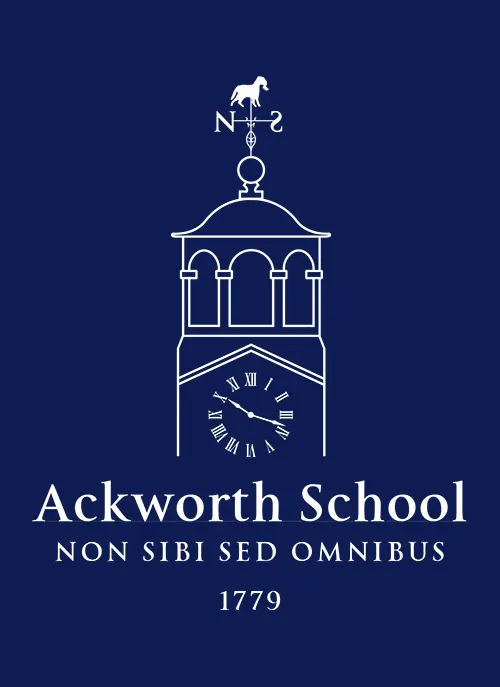“We are all Queens today”

Today is International Women’s Day. A day where we recognise how to celebrate, support, and acknowledge ALL women around the world. Supporting International Women’s Day and “Feminism” means you support equality within our society. Equality is an important pillar for Ackworth School and throughout history there have been fearless and authentic Quaker women and Ackworth Old Scholars who have compassionately fought with integrity for what they believe.
Pioneering Quaker Women
One name you are sure to recognise from around School will be Elizabeth Fry (née Gurney). Elizabeth was born in 1780 and was one of the first people to campaign for an end to the death penalty in the UK. Her ideas spread slowly but surely, and eventually, the last public execution in Britain happened in 1964. During her lifetime Elizabeth pioneered initiatives that enabled women prisoners to develop employable skills. This work meant that in 1818 she became the first woman to present evidence in UK parliament. Elizabeth visited Ackworth School as part of the Women’s Committee and helped to conduct inspections of the Girls’ Side of School. On top of all this achievement, Elizabeth also went on to have 11 children.

Fry reading to prisoners – The Saint of Prison Reform
The women of Greenham Common. In the 1981, a group of women set up a peace camp outside a cruise missile base in Berkshire. Over nineteen years, thousands of women took part in the nonviolent actions at Greenham. Moved to act by the peace testimony, a generation of Quaker women were part of this very public objection to war. They included the veteran peace activists Sylvia Boyes and Celia Davies, who, despite sustaining significant injuries as a result of forceful policing at Greenham, campaigns against arms fairs to this day.

In 1986 a Friend who participated in the camp described it as “women waiting, watching, just being there, behaving as if peace were possible, living our dream of the future now.”
Influential Female Old Scholars 
Fiona Wood (born February 2, 1958, Hernsworth, Yorkshire, England), British-born Australian plastic surgeon who was a pioneer in the field of treating burn victims by inventing “spray-on skin” technology. Fiona was raised in a mining village in Yorkshire and educated at Ackworth School. Fiona’s expertise in burns treatment came to the world’s attention in 2002 in the wake of the Bali bombings but she hasn’t let fame stand in the way of her research or teaching which she continues at the RPH, the PMH and the University of Western Australia. (right hand photo)
 Anna Heslam (née Fisher) was a suffragist and a major figure in the 19th and early 20th century women’s movement in Ireland. She helped in soup kitchens and became involved in setting up cottage industries for local girls in lacemaking, crocheting and knitting. She was brought up believing in equality for men and women and also supporting the campaign against slavery and for temperance and pacifism. She was also an educational pioneer and taught at Ackworth School. (Left hand photo)
Anna Heslam (née Fisher) was a suffragist and a major figure in the 19th and early 20th century women’s movement in Ireland. She helped in soup kitchens and became involved in setting up cottage industries for local girls in lacemaking, crocheting and knitting. She was brought up believing in equality for men and women and also supporting the campaign against slavery and for temperance and pacifism. She was also an educational pioneer and taught at Ackworth School. (Left hand photo)
Female Scholars
Women’s Day is something special for me, because on this day all men treat you very kindly and lovingly. I associate this day with my family, because every year on this day, my dad comes home with flowers and small gifts, and it’s very nice. I hope that all men do the same to please their girls!
Anhelina (Fifth Form) international pupil from Ukraine
There’s a tradition where on the 8th of march, the husband buys the wife a big bouquet of flowers and gives one or two of the flowers to his daughters. And so, when the day came, my dad and my brother would go out and get me, my mom, and my sister some flowers. Although I loved this tradition, I didn’t like that I didn’t get to give back as well. So, every year I would draw flowers, get some sweets, and hand them out to my friends and my family. Sometimes we forget how much people do of us and how important they are in our lives. This day is about giving back and appreciating all the women in our lives.
Tamar (Lower Sixth) international pupil from Georgia
For me international woman’s day is so important and extremely needed due to the lack of celebration of women’s achievements in past years. We as a society are finally recognising womens accomplishments and international woman’s day contributes to this. International woman’s day not only recognises the achievement of women but allows us to discuss the troubles they face and it helps me as a young progressing woman feel seen in the troubles I face in my day to day.
Olivia (Upper Sixth)
The International Woman’s Day is a day to thanks your woman like your mum, your grandmother, your girlfriend, etc. Because they was doing amazing job, they take care of us. It a specially for your mum because she has been rest of her life to take care and protect you.
Sunny (Third Form) international pupil from Vietnam
As a Quaker School one of the testimonies that underpins our ethos is Equality. This testimony has a special meaning to me through my upbringing, Quaker education, and work. I expect to be treated as an equal, and strive for all the girls in our school to feel empowered to call out inequality in society.
We are committed to Equality for women and girls, I am proud that Ackworth School is working with Aisha Thomas, author of Representation Matters, to make sure the school is exemplary in its equality, diversity and inclusion practice.
Nancy Newlands, Senior Deputy Head (Pastoral & Academic)
Useful resources:
www.quaker.org.uk/blog/8-badass-quaker-women
www.positive.news/society/international-womens-day-inspirational-women/

